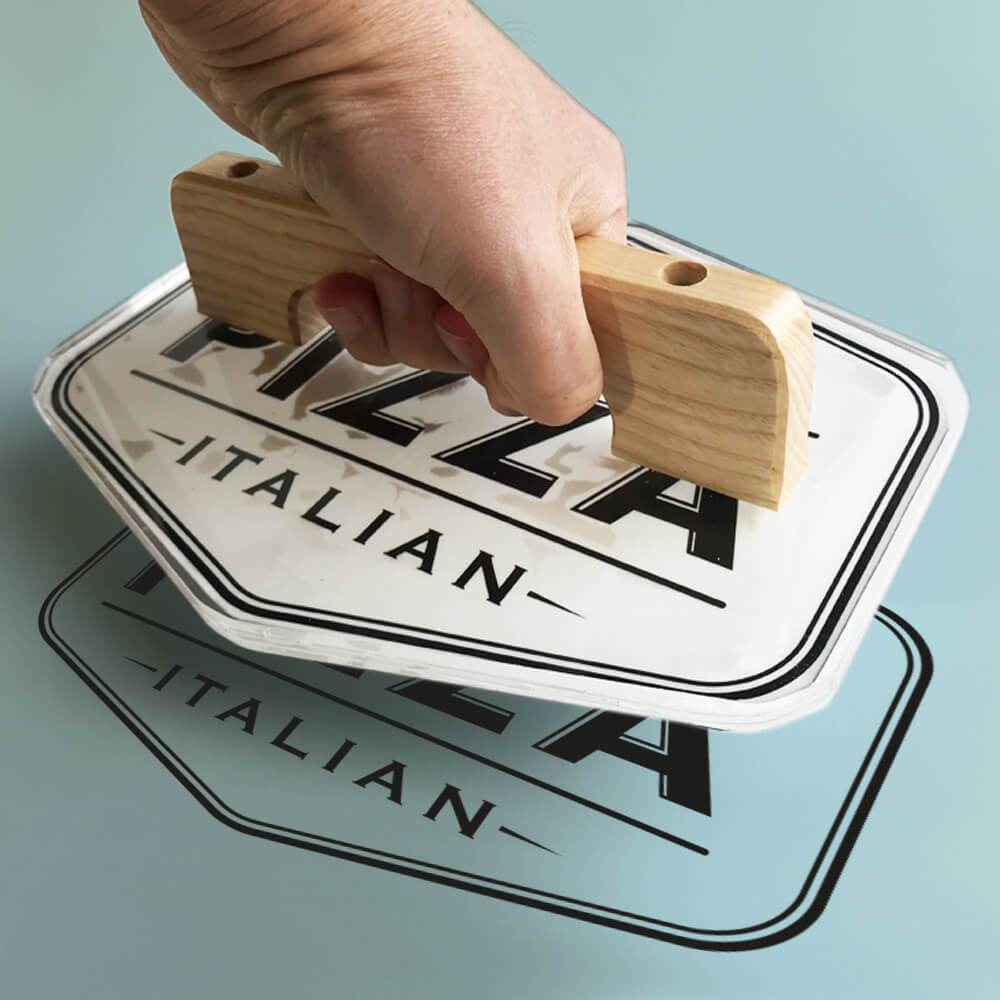Understanding Food Containers A Comprehensive Guide
In the contemporary world, food containers play a pivotal role in our daily lives, serving as essential tools for storage, preservation, and transportation of food. In an era where convenience and sustainability are increasingly prioritized, understanding the various types of food containers and their suitable applications has become necessary for anyone striving to maintain a balanced lifestyle.
Types of Food Containers
Food containers come in a vast array of materials, shapes, and sizes, each catering to specific needs. The primary types of food containers include plastic, glass, metal, and silicone, each offering unique benefits.
1. Plastic Containers Lightweight, durable, and often microwave-safe, plastic containers are a popular choice for many households. They are available in various sizes and shapes, making them ideal for everything from storing leftovers to packing lunches. However, it’s essential to choose BPA-free plastics to avoid potential health risks.
2. Glass Containers Known for their durability and non-reactive nature, glass containers are excellent for storing both hot and cold food. They are microwave, oven, and dishwasher safe, making cleanup a breeze. Additionally, glass is environmentally friendly, as it can be recycled and doesn't leach harmful chemicals into food.
3. Metal Containers Often used for their ability to keep food fresh, metal containers are perfect for items like grains, snacks, and dry food. Stainless steel containers are particularly popular for their strength, resistance to rust, and ease of cleaning. They are also great for outdoor activities, as they can withstand rough handling.
4. Silicone Containers Flexible and collapsible, silicone containers are a fantastic space-saving solution. They are generally microwave, dishwasher, and oven safe, and their pliable nature makes them perfect for storing snacks or even meal prepping. As a newer addition to the market, silicone containers appeal to those looking for innovative and multifunctional options.
food containers

Benefits of Using Food Containers
Using food containers offers several advantages beyond mere storage. One significant benefit is portion control. By using smaller containers, individuals can better manage their serving sizes, contributing to healthier eating habits. Additionally, proper food storage reduces waste; airtight containers can extend the shelf life of perishable items, minimizing spoilage and saving money.
Food containers also simplify meal prep and organization. By preparing meals in advance and storing them in clearly labeled containers, individuals can streamline their weekly meal routine, reducing the temptation to rely on fast food or takeout. This not only promotes healthier eating choices but also cultivates a mindful approach to food consumption.
Sustainability and Recycling
In recent years, the environmental impact of food containers has garnered increasing attention. With plastic pollution becoming a global crisis, choosing sustainable materials is vital. Opting for reusable containers, particularly those made from glass or metal, can significantly reduce dependence on single-use plastics. Additionally, many companies now produce biodegradable or compostable options, which can minimize environmental footprints.
When selecting food containers, it is crucial to consider their lifecycle. Reusable containers should be durable enough to withstand multiple uses but also selected for their ability to be recycled at the end of their life. Understanding local recycling regulations for different materials can further contribute to responsible waste management.
Conclusion
Food containers are more than simple storage solutions; they are vital tools that can promote healthier eating habits, reduce waste, and support sustainable practices. By understanding the various types available and their specific benefits, individuals can make informed choices that align with their lifestyle and values. Whether you are packing a lunch for work, preparing meals for the week, or seeking to minimize your environmental impact, the right food containers can make a significant difference. Embracing these tools not only enhances our culinary experiences but also plays a crucial role in promoting a healthier planet.



